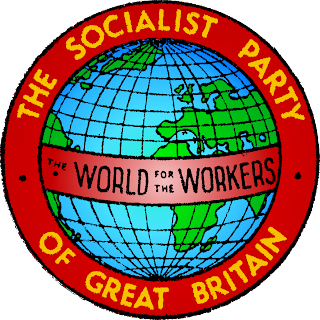More Canada
Now, to resume. The Canadian system strikes me very much as the one the Federalists in the early United States wanted to build. Premised on a merely consultative democracy.
In Canada, political parties were actively banned in the early nineteenth century - Bumsted actually describes a legal opinion that declared a body to be illegal because it was organising to co-ordinate votes and control of an assembly.
Truth was not a defence against the charge of criminal libel. Add this to the dispersed nature of the electorate, and you can see how the idea was to have a minimum of co-ordination or discussion among them.
Other examples I can drag from history are Rome, where the Comitia Curiata would vote on laws (IIRC) but was not allowed to debate them first - the Senate debated, the people decided.
In modern trade unions this relationship also applies, members are disperate, cannot communicate and co-ordinate (save through leftist parties) and have little information readilly available to them.
Arguably, in a situation where there is no class conflict, as the American Federalists assumed, this situation could be permissible - especially if we rely on the good conduct of office holders to remove bad eggs. However, politics is not about unity, it is about resolving disputes, and of course, any system that shuts down the possibility of dispute is laying itself open to violent challenge later - as happened in Canada in1 1837.
Again, it all goes to show that democracy is more than mere voting, it comes with a scaffold without which we're left hanging.


0 Comments:
Post a Comment
<< Home